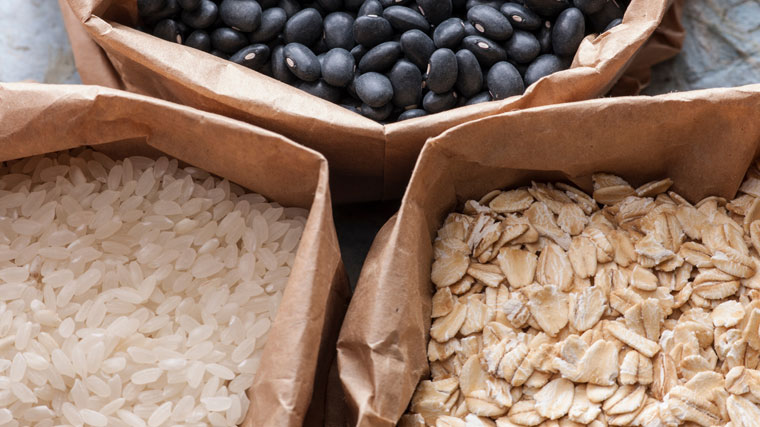Fiber Is a Vital Part Of a Healthy Diet

Find Your Perfect Match
Answer a few questions and we'll provide you with a list of primary care providers that best fit your needs.
Dietary fiber is an important part of a healthy everyday diet.
Fiber helps regulate how your body uses sugar, which in turn helps control blood sugar and feelings of hunger.
Most carbohydrates are broken down into sugar, but fiber is a carbohydrate the body can’t break down. Instead, it passes through the body undigested.
Although most Americans only get about 15 grams of fiber a day, the recommended daily amount of fiber is:
- 25 grams for women up to age 50, and 21 grams after age 50
- 38 grams for men up to age 50, and 30 grams after age 50
- Children should get 5 to 10 grams more than their age. So an 8-year-old should get 13 to 18 grams of fiber per day. A 15-year-old should get 20 to 25 grams per day.
There are two different types of fiber:
- Insoluble fiber. This fiber does not dissolve in water. It adds bulk to the stool and helps food pass through the stomach and intestines more quickly. Insoluble fiber helps prevent constipation. It can be found in foods such as wheat bran, vegetables, whole wheat bread, brown rice, and whole grains.
- Soluble fiber. This fiber dissolves in water. During digestion, it attracts water, turns into gel, and slows digestion. Some kinds of soluble fiber can help lower glucose levels and blood cholesterol. It can be found in oatmeal, nuts, seeds, beans, peas, and some fruits, including apples and blueberries.
The best sources for all types of dietary fiber are fresh fruits, fresh vegetables, legumes, nuts, and whole grains.
If your fiber intake is below where it should be, try the following to help increase it:
- At breakfast time, choose cereal with whole grains listed as the first ingredient.
- Choose raw vegetables as snacks instead of chips, crackers, or chocolate.
- Eat fresh fruits instead of drinking fruit juices.
- Replace white rice, white bread, and plain pasta with brown rice and other whole grain items.
- Try using beans or legumes in place of meat two or three times each week in various types of soups and stews.
Both types of fiber are important for health, digestion, and disease prevention.
Having a high fiber intake has been linked to a lowering the risk of health issues, including:
- Constipation
- Diabetes
- Diverticulitis
- Excess weight
- Heart disease
- High blood pressure
- Metabolic syndrome
Find Your Perfect Match
Answer a few questions and we'll provide you with a list of primary care providers that best fit your needs.
Source: Harvard School of Public Health; National Institutes of Health




